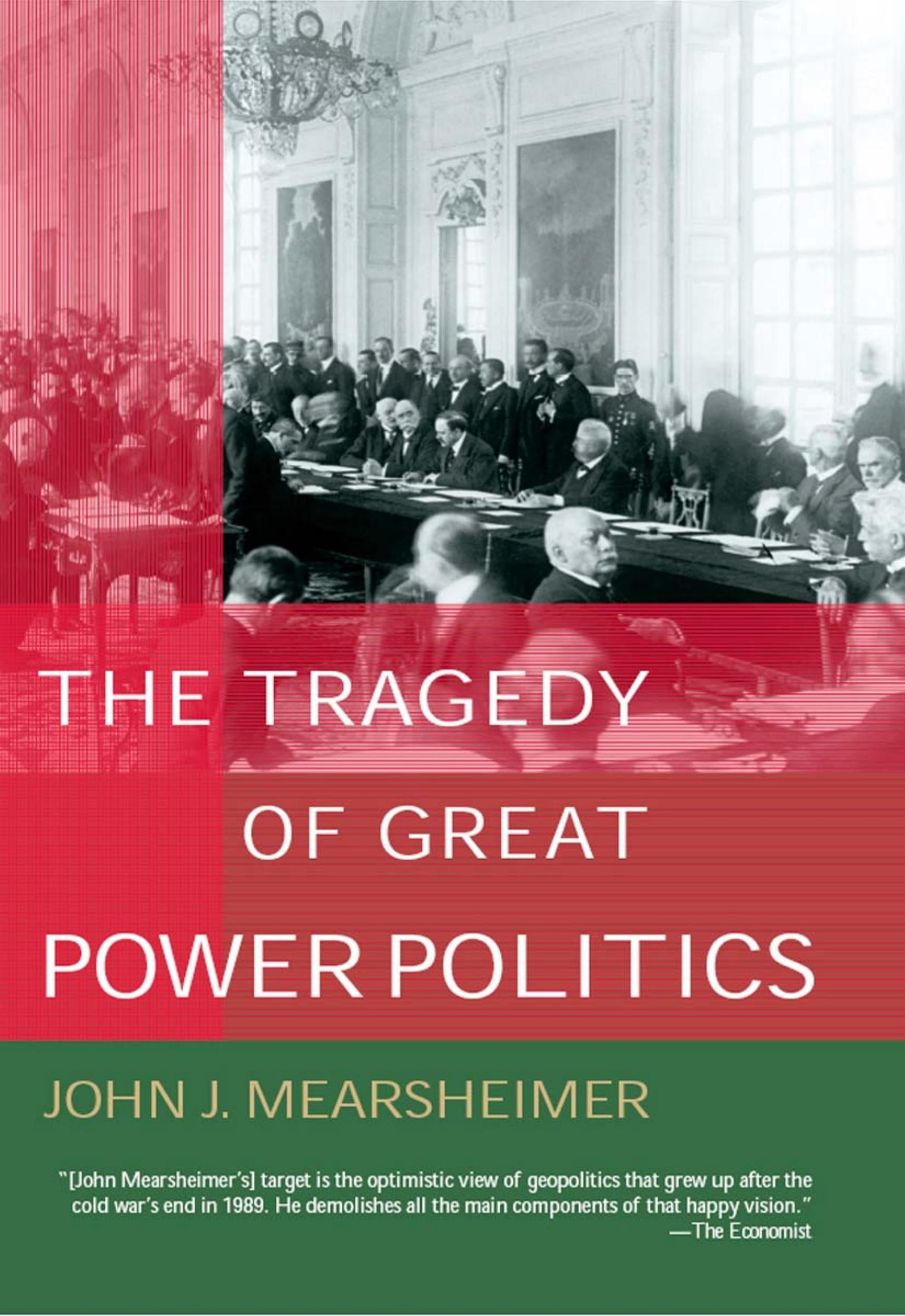The Tragedy of Great Power Politics by John J. Mearsheimer

Author:John J. Mearsheimer [Mearsheimer, John J.]
Language: eng
Format: epub, pdf, mobi
Publisher: Harlequin
Published: 2001-03-22T16:00:00+00:00
BISMARCKIAN PRUSSIA (1862–70)
Background
Prussia did not become a great power until the mid-eighteenth century, but even then it was probably the weakest European great power until the mid-nineteenth century.42 The main reason for its weakness was its small population compared to the other great powers. Consider that Prussia’s population in 1800 was about 9.5 million, while Austria and France each had roughly 28 million people, and Russia had about 37 million people (see Table 8.1). Prussia’s strategic situation changed dramatically between 1864 and 1870, when Bismarck led it to victory in three wars. Prussia actually ceased to exist as a sovereign state after 1870 and instead became the core of a unified Germany that was substantially more powerful than its Prussian predecessor had been.
There was no state called “Germany” when Bismarck was appointed Prussia’s minister-president in September 1862. Instead, an assortment of German-speaking political entities were scattered about the center of Europe, loosely tied together in the German Confederation, an ineffectual political organization set up after Napoleon’s defeat in 1815. There were two great powers in the confederation: Austria and Prussia. But it also included medium-sized kingdoms such as Bavaria and Saxony, as well as numerous small states and free cities—all of which I refer to as the “Third Germany.” It was apparent after the revolutions of 1848 that German nationalism was a potent force that was likely to cause some combination of those German political entities to come together to form a unified German state. The question of the day was whether Austria or Prussia would be the core of that new state—essentially, which great power would absorb the Third Germany? The wars of 1864, 1866, and 1870–71 resolved that issue in Prussia’s favor.
Besides Austria and Prussia, there were four other great powers in Europe in the 1860s: the United Kingdom, France, Italy, and Russia (see Map 8.2). But Italy did not have significant influence on the events surrounding German unification, although it did fight with Prussia against Austria in 1866. Italy was a spanking new state that was especially weak relative to the other great powers. Therefore, the key issue is how Austria, the United Kingdom, France, and Russia reacted to Bismarck’s efforts to transform Prussia into Germany. As will become apparent, buck-passing was their preferred strategy, and although Austria and France balanced against Prussia at different times, they did so only when they had no alternative.
Download
The Tragedy of Great Power Politics by John J. Mearsheimer.epub
The Tragedy of Great Power Politics by John J. Mearsheimer.pdf
The Tragedy of Great Power Politics by John J. Mearsheimer.mobi
This site does not store any files on its server. We only index and link to content provided by other sites. Please contact the content providers to delete copyright contents if any and email us, we'll remove relevant links or contents immediately.
| Arms Control | Diplomacy |
| Security | Trades & Tariffs |
| Treaties | African |
| Asian | Australian & Oceanian |
| Canadian | Caribbean & Latin American |
| European | Middle Eastern |
| Russian & Former Soviet Union |
The Secret History by Donna Tartt(19006)
The Social Justice Warrior Handbook by Lisa De Pasquale(12178)
Thirteen Reasons Why by Jay Asher(8874)
This Is How You Lose Her by Junot Diaz(6859)
Weapons of Math Destruction by Cathy O'Neil(6251)
Zero to One by Peter Thiel(5770)
Beartown by Fredrik Backman(5719)
The Myth of the Strong Leader by Archie Brown(5482)
The Fire Next Time by James Baldwin(5413)
How Democracies Die by Steven Levitsky & Daniel Ziblatt(5200)
Promise Me, Dad by Joe Biden(5132)
Stone's Rules by Roger Stone(5066)
A Higher Loyalty: Truth, Lies, and Leadership by James Comey(4941)
100 Deadly Skills by Clint Emerson(4901)
Rise and Kill First by Ronen Bergman(4764)
Secrecy World by Jake Bernstein(4729)
The David Icke Guide to the Global Conspiracy (and how to end it) by David Icke(4687)
The Farm by Tom Rob Smith(4490)
The Doomsday Machine by Daniel Ellsberg(4475)
